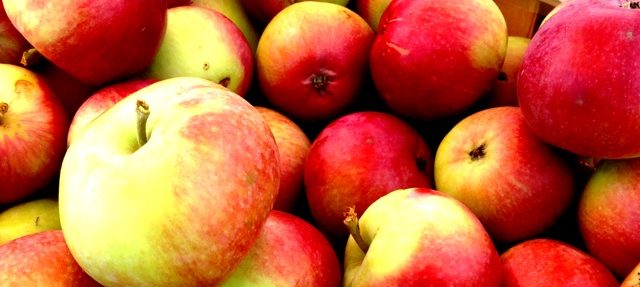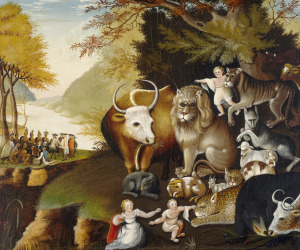Readings: Isaiah 11:1-9; Numbers 16:1-19; Hebrews 13:7-17
“They will neither harm nor destroy on all my holy mountain
for the earth will be full of the knowledge of the Lord
as the waters cover the sea.” Isaiah 11:9
The time is 740 to 689 BCE and the Middle East is in turmoil. At various times there are wars between Assyria, Babylon, Syria, Israel, Southern Mesopotamia and so on. Sound familiar? The situation is so dire that the prophet Isaiah is called by God in words so intense that he is compelled to speak God’s words to the people.
The prophecy begins with the promise of a messiah to bring back the “good times” of the Davidic dynasty. The ruler to come will be full of wisdom and understanding and of “the fear of the Lord.” But the leaders of Isaiah’s time are not following God’s plan for His people. They ignore the poor and needy and have forgotten justice and righteousness.
As we watch the terrible news and events that encompass our world today, we long for the same kingdom that God revealed to Isaiah so many centuries ago. We see the terrible pain and suffering of the innocent as leaders seek power and drive people from their homes. We watch children and their parents dying of starvation and disease and others with no hope for a future. We want to help. We want to live in a world where there is no more hatred or poverty and where we live in harmony with each other and all God’s creation: where “the wolf will live with the lamb, the leopard will lie down with the calf and the lion and the youngling together, and a little child will lead them.”
How are we to bring about the promise of the Kingdom that was part of Isaiah’s prophecy? Edward Hicks, an eighteenth century American artist, painted a much loved picture, “The Peaceable Kingdom.” And in that picture is the answer:
Let There Be Peace On Earth
Offered by Marge O’Brien, worker and pray-er for peace, child of God.
Come, Lord Jesus, Come.

